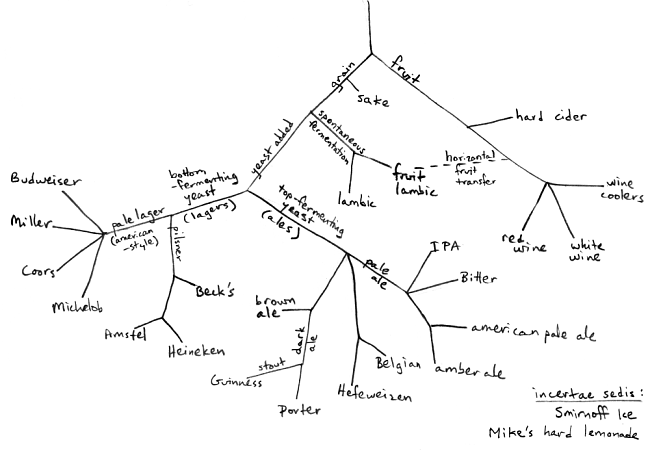I was never much for twitter, but I finally signed up for friendfeed, because it seems like everyone’s got their twitters and blogs and bookmarking fed into there, and commenting on the friendfeed works just as well. I’ve been meaning to switch from Plaxo given their somewhat shady tactics, but I did like their activity aggregation, so I made do with simply not giving them access to my contacts. However, now that Comcast has bought them, it was time to find another service, and friendfeed looked like just the thing. It was easy to hook up my various sites to my feed(a little too easy – since they only require a username), and immediately was able to find the same crowd of people from Nature Network and SciLink, due to the handy recommendation feature. Once I subscribed to Attila and Deepak, the recommendation feature brought up Neil and Pedro and JC Bradley and the whole rest of the early-adopter lot.
Hi Guys!


